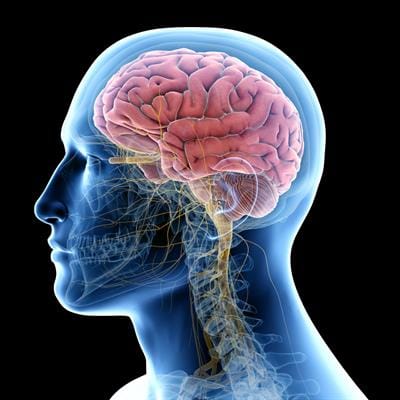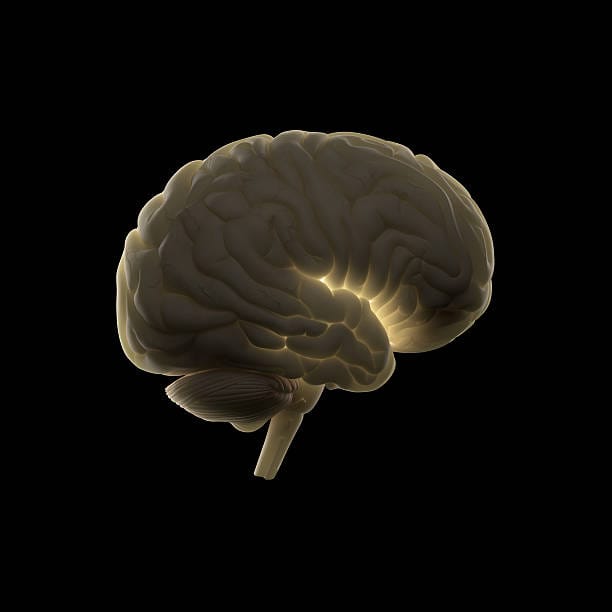In a world captivated by quick fixes and digital innovations, brain games have emerged as a beacon of hope for many seeking to sharpen their minds. From mobile apps promising improved memory and attention to online platforms advertising increased IQ, these games appeal to a fundamental human desire: to enhance our cognitive abilities and unlock the full potential of our brains. But can they truly boost intelligence? Or are they just another clever marketing ploy exploiting our fears of mental decline and our dreams of limitless intellect?
To answer this question, we need to journey through the intricate landscape of what intelligence really means, how the brain works, and what science tells us about the promises and pitfalls of brain training. This article will guide you through the complex interplay of neuroscience, psychology, and human behavior that frames the ongoing debate around brain games.
Understanding Intelligence: More Than Just IQ
Before we delve into the effectiveness of brain games, it is crucial to clarify what intelligence is. Intelligence is often simplistically measured by IQ tests, which focus primarily on logical reasoning, mathematical skills, verbal ability, and pattern recognition. However, intelligence is a far richer and more nuanced concept.
Psychologists recognize multiple forms of intelligence. Howard Gardner’s theory of multiple intelligences, for example, includes linguistic, logical-mathematical, spatial, musical, bodily-kinesthetic, interpersonal, intrapersonal, and naturalistic intelligence. Emotional intelligence, popularized by Daniel Goleman, emphasizes the ability to perceive, control, and evaluate emotions, both in oneself and others.
Given this diversity, the question “Can brain games boost intelligence?” becomes more complicated. Which type of intelligence are we referring to? Most brain games target fluid intelligence—the ability to solve new problems, use logic in unfamiliar situations, and identify patterns. Fluid intelligence is distinct from crystallized intelligence, which is based on accumulated knowledge and experience.
The hope many have is that brain games can enhance fluid intelligence, which is believed to peak in early adulthood and gradually decline with age. If brain training can slow or reverse this decline, the implications for aging populations and cognitive health would be profound.
The Rise of Brain Games: A Cultural Phenomenon
The brain training industry exploded in the early 2000s, riding the wave of mobile technology and neuroscience discoveries. Companies like Lumosity, CogniFit, and Elevate offered daily exercises designed to improve memory, attention, processing speed, and problem-solving skills. The allure was irresistible: for just a few minutes a day, you could enhance your brain’s performance, much like exercising a muscle at the gym.
Media stories amplified the hype, often citing studies that suggested cognitive training could improve mental function and delay dementia. Celebrities and public figures endorsed these games, further popularizing them. For many, brain games became a routine—a fun, interactive way to keep their minds sharp.
However, as brain training became more mainstream, skepticism grew in the scientific community. Critics pointed out that many studies claiming benefits were flawed, had small sample sizes, or lacked control groups. Some suggested that improvements seen in game performance did not transfer to real-world tasks or general intelligence.
How Brain Games Are Supposed to Work
Brain games typically involve tasks that challenge working memory, attention, problem-solving, mental speed, and cognitive flexibility. Examples include remembering sequences, solving puzzles, visual discrimination, or multitasking challenges.
The underlying theory is based on neuroplasticity—the brain’s remarkable ability to reorganize itself by forming new neural connections throughout life. Neuroplasticity allows us to learn, adapt, and recover from injury. The question is whether engaging in repetitive brain exercises can strengthen specific neural circuits and improve overall cognitive function.
Studies in animals and humans have shown that enriched environments and mental stimulation can enhance neuroplasticity. Learning a new language, playing a musical instrument, or engaging in complex social interactions are all activities that promote brain growth and connectivity.
Brain games aim to replicate this effect by offering targeted, adaptive challenges that become progressively more difficult as the player improves. This adaptive element is thought to maximize learning and neural growth.
Scientific Evidence: What the Research Shows
The research on brain training is complex and sometimes contradictory. Early studies, often funded by brain training companies, reported positive effects on cognition. For example, some participants improved in working memory tasks or processing speed after several weeks of training.
However, more rigorous, independent studies painted a less optimistic picture. Meta-analyses, which combine data from many studies, suggest that while people do get better at the specific tasks they practice, this improvement rarely transfers to untrained tasks or everyday cognitive function. This is called the transfer effect.
For instance, a person who improves in a memory game might not show enhanced memory when recalling a grocery list or learning new information in a classroom setting. Similarly, faster reaction times in a game might not translate to quicker decision-making in real life.
A landmark study published in 2016 by the University of Pennsylvania involved 11,000 participants over several months. It concluded that brain training did not improve general cognitive function beyond the practiced tasks. The researchers stated, “We found no evidence that the cognitive benefits of brain training programs generalize to untrained skills or real-world cognitive performance.”
Despite these findings, some researchers argue that brain training can be beneficial when combined with other forms of cognitive engagement, such as physical exercise, social interaction, and lifelong learning. It may also be more effective for certain populations, like older adults at risk of cognitive decline.
The Placebo Effect and Motivation
One factor complicating the assessment of brain games is the placebo effect. When people believe a treatment will help, they often perform better simply due to increased motivation and confidence.
In cognitive training, this means that players might put more effort into tasks, feel mentally sharper, or be more attentive to challenges in daily life, which can improve performance independently of the specific training effects.
Moreover, brain games can offer a sense of accomplishment and progress, boosting self-esteem and encouraging continued mental engagement. This psychological benefit, while not the same as increasing intelligence, is valuable for mental health and quality of life.
Beyond Brain Games: What Really Boosts Intelligence?
If brain games alone have limited impact on overall intelligence, what does science suggest can enhance cognitive abilities?
Physical exercise stands out as a powerful promoter of brain health. Aerobic activity increases blood flow, reduces inflammation, and stimulates the release of neurotrophic factors—proteins that support neuron growth and survival. Exercise has been linked to improved memory, attention, and executive function.
Nutrition also plays a critical role. Diets rich in antioxidants, omega-3 fatty acids, vitamins, and minerals support brain function and may protect against cognitive decline. Conversely, excessive sugar, processed foods, and sedentary lifestyles harm cognition.
Lifelong learning, curiosity, and social engagement stimulate the brain in diverse ways. Learning new skills, reading, solving complex problems, and interacting with others challenge the brain to form new connections, which may enhance cognitive reserve—the brain’s ability to compensate for age-related changes or damage.
Sleep, often overlooked, is essential for memory consolidation and cognitive restoration. Chronic sleep deprivation impairs attention, decision-making, and problem-solving.
The Emotional Side of Cognitive Enhancement
Intelligence is not only about raw mental processing; it is deeply tied to emotion, motivation, and mental well-being. Anxiety, depression, and chronic stress impair cognition and brain health.
Brain games, by providing a structured activity that can be done anywhere, anytime, offer a sense of control and purpose. For some, this emotional uplift can indirectly enhance cognitive performance.
Conversely, the pressure to improve or the frustration of plateauing can cause stress. The commercial hype around brain training risks fostering unrealistic expectations, which can lead to disappointment.
The Future of Brain Training: Personalized and Integrated Approaches
The future of cognitive enhancement may lie in personalized, integrated approaches. Advances in neuroimaging, genetics, and artificial intelligence allow researchers to tailor interventions to individual cognitive profiles.
Combining brain training with physical exercise, diet, meditation, and social activities could produce synergistic effects. Virtual reality and gamification might increase engagement and motivation, creating immersive experiences that challenge multiple brain systems simultaneously.
Wearable technology and mobile apps can track cognitive performance and mental health, providing real-time feedback and adaptive challenges. However, ethical questions about data privacy, accessibility, and equity must be addressed.
Conclusion: A Balanced Perspective
Can brain games really boost intelligence? The answer is nuanced. While brain games can improve performance on specific tasks and offer psychological benefits, current scientific evidence suggests that these gains rarely generalize to broad intelligence or everyday cognitive abilities.
However, brain games can be a valuable tool within a broader lifestyle that includes physical activity, nutrition, sleep, social interaction, and lifelong learning. They engage the brain and motivate users to maintain mental activity, which is crucial for healthy aging and cognitive resilience.
Ultimately, intelligence is a complex, multifaceted phenomenon shaped by genetics, environment, education, and experience. No single tool or shortcut will unlock its full potential. Instead, cultivating curiosity, perseverance, and emotional well-being may be the most profound “brain training” of all.






